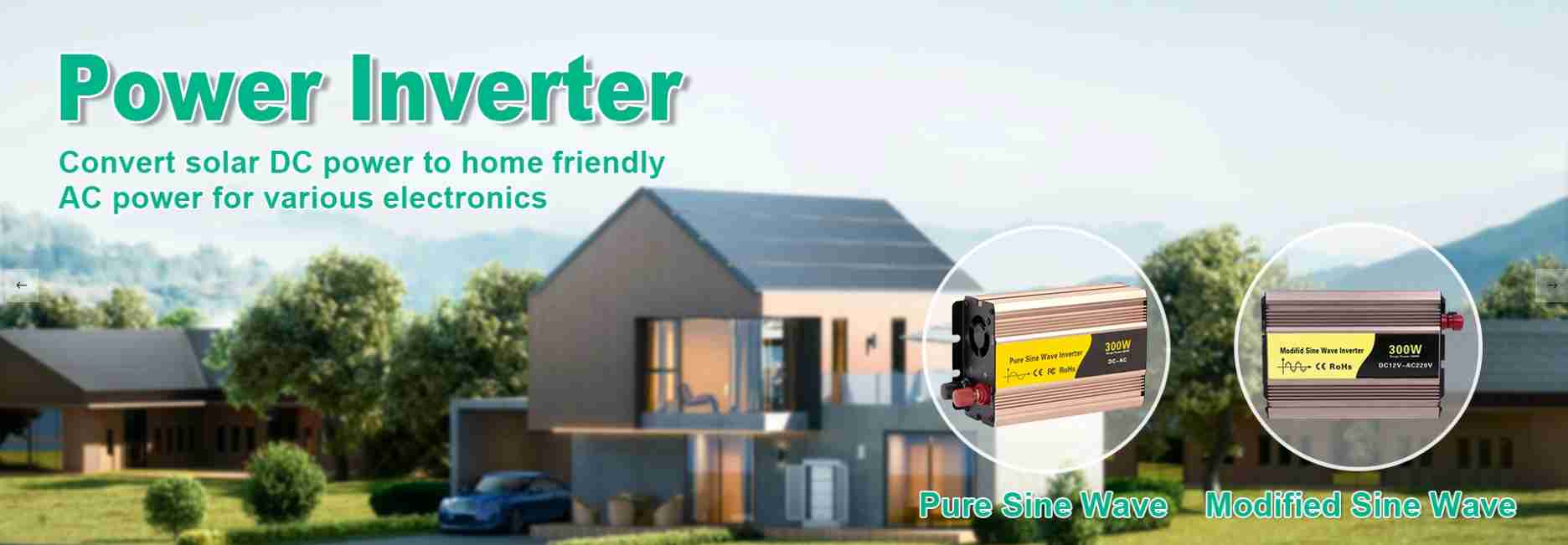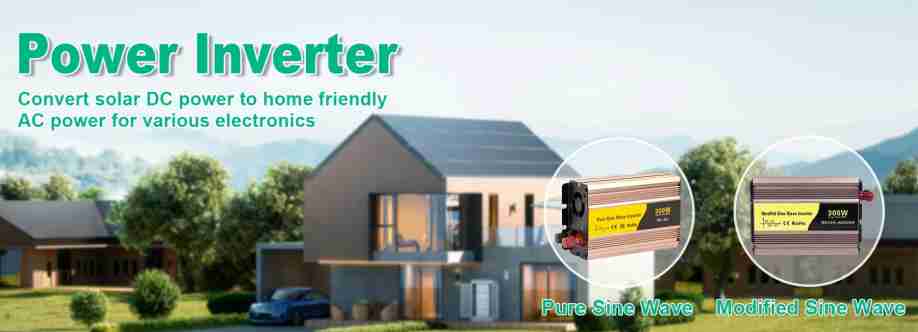

@SineWaveInverter
A sine wave inverter is a crucial device in the realm of power electronics, designed to convert direct current (DC) into alternating current (AC) with a sine wave output. This type of inverter is highly valued for its ability to produce a clean, stable, and reliable AC power supply that closely mimics the power delivered by utility grids. The sine wave output is essential for powering sensitive electronic devices, such as computers, televisions, and medical equipment, which require a precise and consistent power source to function optimally. https://www.inverter.com/sine-wave-inverter
A sine wave inverter is a crucial device in the realm of power electronics, designed to convert direct current (DC) into alternating current (AC) with a sine wave output. This type of inverter is highly valued for its ability to produce a clean, stable, and reliable AC power supply that closely mimics the power delivered by utility grids. The sine wave output is essential for powering sensitive electronic devices, such as computers, televisions, and medical equipment, which require a precise and consistent power source to function optimally.
The sine wave inverter operates by taking the DC input, typically from a battery or a solar panel, and using sophisticated electronic circuits to generate a waveform that closely resembles a sine wave. This process involves several stages, including the initial conversion of DC to a high-frequency square wave, followed by filtering and shaping to produce the smooth sine wave output. The result is a power supply that minimizes harmonic distortion, ensuring that the connected devices receive clean power without the risk of damage or performance degradation.
One of the key advantages of sine wave inverters is their compatibility with a wide range of appliances and devices. Unlike modified sine wave inverters, which produce a less refined waveform and can cause issues with certain electronics, pure sine wave inverters are universally compatible. This makes them ideal for use in residential, commercial, and industrial settings where a diverse array of equipment needs to be powered.
In addition to their compatibility, sine wave inverters also offer high efficiency and reliability. Modern inverters are equipped with advanced features such as automatic voltage regulation, which ensures that the output voltage remains stable even if the input voltage fluctuates. They also include protection mechanisms against overloads, short circuits, and overheating, enhancing their durability and safety.
When selecting a sine wave inverter, it is important to consider factors such as power capacity, efficiency, and the specific requirements of the devices that will be powered. Inverters are available in a range of power ratings, from small units suitable for home use to larger, more robust models designed for industrial applications. Additionally, features such as remote monitoring and control, as well as integration with renewable energy sources like solar panels, can enhance the functionality and versatility of the inverter.
In summary, the sine wave inverter is a vital component in modern power systems, providing a high-quality AC power supply that is essential for the operation of sensitive electronics. With their ability to produce a clean sine wave output, these inverters offer reliability, compatibility, and efficiency, making them a preferred choice for a wide range of applications.






